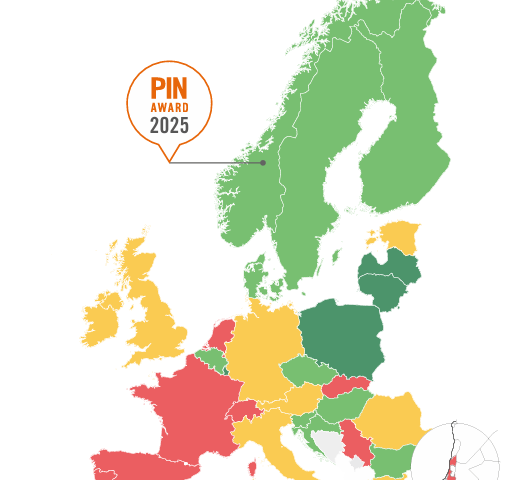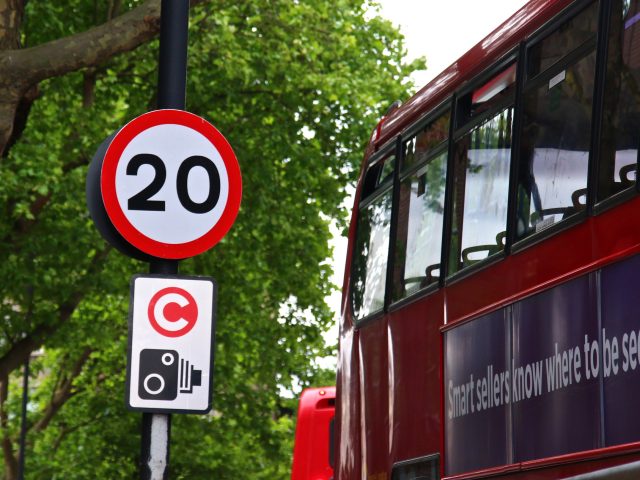A 30 km/h in urban areas has had positive effects
Several European cities have introduced a general speed limit of 30 km/h in urban areas and the results show lower speeds, that the speed limit is observed and fewer crashes, according to a new report by the Norwegian Institute for Transport Economics (TØI).
The institute summarised experiences from six European cities, as well as Spain, which has recently introduced a general speed limit of 30 km/h in urban areas.
The cities have documented desired effects such as lower speeds, a high degree of compliance with speed limits, as well as significantly fewer traffic collisions, particularly serious collisions and those involving pedestrians and cyclists. The cities that have measured or calculated the development in air pollution (Grenoble and Bilbao) and noise (Brussels) found reductions.
The study points out that most cities implemented the changes recently and just before or during the pandemic (most in 2020 and 2021). It is therefore as expected that there is no well-documented knowledge of results from all the cities, and that what is found mainly concerns more immediate effects such as reduced speed, traffic collisions, noise, pollution, etc. Documentation from several cases will be necessary to be able to say something about whether similar results can be expected in other cities. The results were, on the other hand, consistent across cities that are different in several ways, so the study may be useful for the discussions on the introduction of a general speed limit of 30 km/h in other cities.
Since the publication of the study, the Italian city of Bologna has published positive results, two weeks after introducing its new city-wide 30 km/h limit. In the UK nation of Wales, which introduced a 20 mph limit on urban streets in September, data show speeds have also been reduced. While the latest data from Brussels, which moved to a generalised 30 km/h limit three years ago, also show positive developments.







